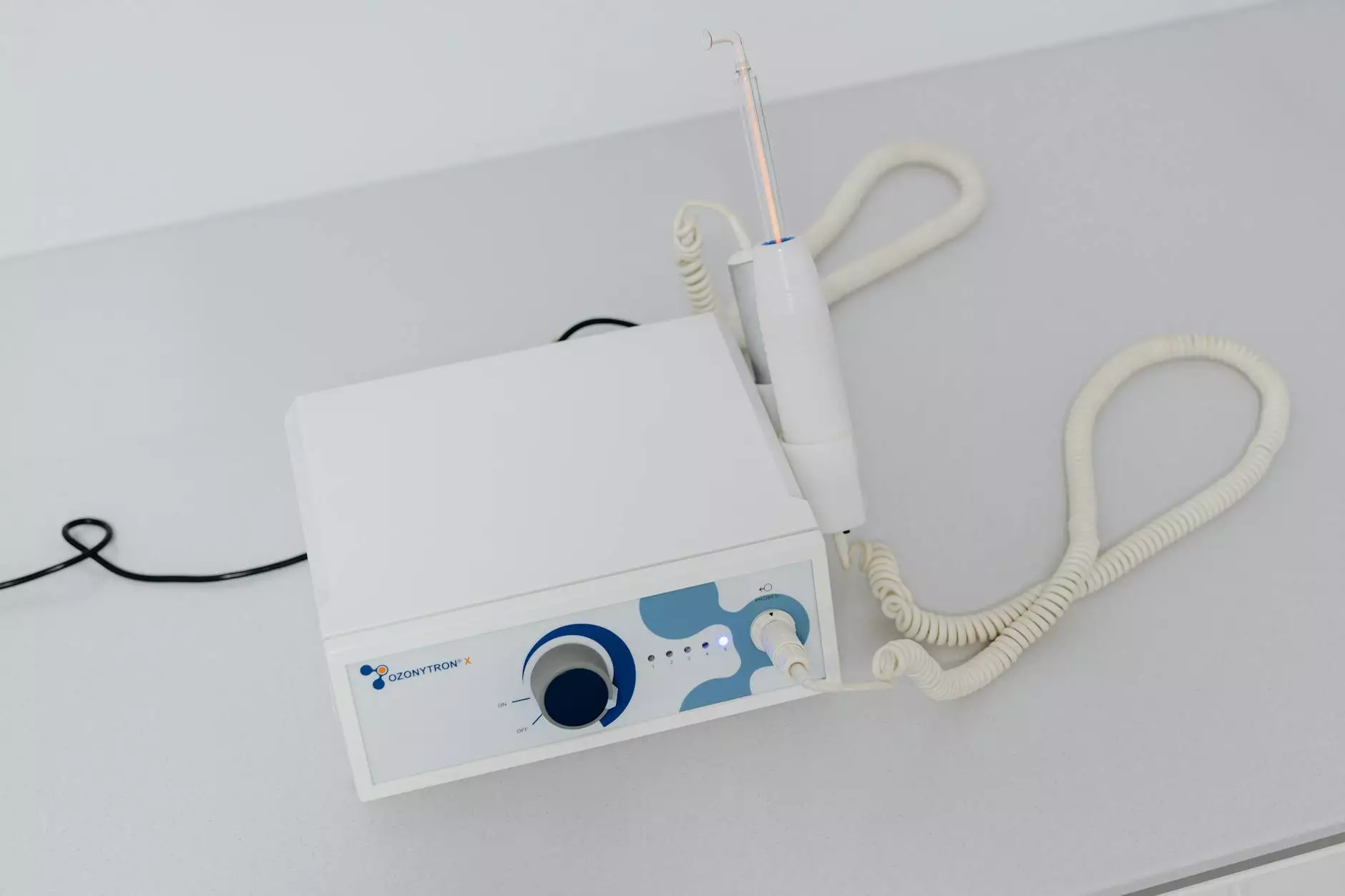Becoming a Medical Biller: A Comprehensive Guide

In today’s fast-paced healthcare environment, the role of a medical biller has become increasingly crucial. With the healthcare industry expanding rapidly, becoming a medical biller offers a robust career with numerous opportunities. In this article, we will explore what medical billing entails, the skills required, and how to successfully embark on this exciting career path.
Understanding Medical Billing
Medical billing is the process of submitting and following up on claims with health insurance companies in order to receive payment for services rendered by healthcare providers. It is a vital part of the healthcare revenue cycle and ensures that providers are compensated for their services. Here are some core components of medical billing:
- Patient Registration: Collecting and verifying patient information.
- Coding: Using specific codes to document diagnoses and procedures.
- Claim Submission: Sending claims to insurance carriers for reimbursement.
- Payment Posting: Recording payment information in the billing system.
- Accounts Receivable Management: Ensuring collections and follow-up on unpaid claims.
Why Choose a Career in Medical Billing?
There are many compelling reasons to pursue a career in medical billing, including:
- Job Stability: The healthcare industry is continually growing, ensuring a demand for skilled medical billers.
- Work Environment: Many medical billers can work remotely, offering flexibility.
- Competitive Salaries: Medical billers earn competitive wages, commensurate with their skills and experience.
- Short Training Period: Many programs can prepare you for the workforce in less than a year.
- Impactful Work: Medical billers play an essential role in the healthcare system, aiding providers and patients alike.
Essential Skills for Medical Billers
To succeed as a medical biller, certain skills are invaluable. Here’s a list of key competencies:
- Attention to Detail: Precision is critical in coding and billing to avoid costly errors.
- Knowledge of Medical Terminology: Understanding healthcare terminology is crucial for accurate billing.
- Coding Proficiency: Familiarity with coding systems like CPT, ICD-10, and HCPCS is necessary.
- Technical Skills: Proficiency with billing software and electronic health records (EHR) is important.
- Communication Skills: Effective interaction with healthcare providers and insurance companies is vital.
Educational Pathways: Courses for Medical Billing and Coding
If you are considering becoming a medical biller, you may be wondering about the educational requirements. While a bachelor's degree is not mandatory, completing a specialized course in medical billing and coding is beneficial. Here are some of the common educational pathways:
1. Certificate Programs
Many institutions offer certificate programs that can typically be completed in less than a year. These programs provide foundational knowledge in medical billing practices, coding systems, and healthcare regulations.
2. Associate Degree
Obtaining an associate degree in health information technology or a related field usually takes two years. This degree often includes more in-depth coursework and may provide a broader understanding of healthcare systems and data management.
3. Online Courses
For those seeking flexibility, online courses are available. These programs allow you to study at your own pace, making it easier to balance personal and professional commitments.
Certification Opportunities
Earning certification can enhance your credibility as a medical biller and improve job prospects. There are several certifications available, including:
- Certified Professional Biller (CPB): Offered by the AAPC, this certification demonstrates proficiency in medical billing practices.
- Certified Billing and Coding Specialist (CBCS): Offered by the National Healthcareer Association (NHA), this certification highlights expertise in both billing and coding.
- Registered Health Information Technician (RHIT): For those with a health information technology degree, this certification encompasses a broader range of health information knowledge.
Preparing for Your Career in Medical Billing
Once you complete your education and earn any relevant certifications, it’s time to enter the job market. Here are some steps to help you prepare:
- Build a Resume: Highlight your education, certifications, relevant skills, and any internships or experience.
- Network: Attend industry events, join professional organizations like AAPC, and connect with other professionals on platforms like LinkedIn.
- Prepare for Interviews: Be ready to discuss your training, your understanding of medical billing, and how you can contribute to potential employers.
- Consider Internships: If possible, seek internships that provide hands-on experience, which can be invaluable when starting your career.
Finding Job Opportunities in Medical Billing
Job opportunities for medical billers can be found in various settings, including:
- Hospitals: Large healthcare organizations often have dedicated billing departments.
- Private Practices: Many physicians outsource their billing to independent billers.
- Insurance Companies: These companies hire medical billers to process claims and work with healthcare providers.
- Billing Companies: Specialized billing firms provide services to multiple healthcare providers.
Continuing Education and Career Advancement
The field of medical billing is constantly evolving, with new regulations and technological advancements. Therefore, continuing education is crucial. Many organizations offer advanced courses to keep your skills current. Additionally, pursuing further certifications can help you advance your career. Opportunities for progression include:
- Medical Billing Manager: Oversee billing departments and manage teams.
- Compliance Officer: Ensure that billing practices comply with federal and state regulations.
- Health Information Manager: Manage health information systems and data integrity.
The Rewards of a Career in Medical Billing
The satisfaction derived from becoming a medical biller extends beyond mere compensation. Here are some rewarding aspects of this profession:
- Impacting Patient Care: By ensuring healthcare providers are paid, you contribute to the continuity of patient care.
- Flexibility: The potential for remote work allows for a better work-life balance.
- Steady Employment: With an ever-growing need for healthcare services, job stability is significant.
Conclusion
In conclusion, if you are considering the rewarding journey of becoming a medical biller, take the time to educate yourself through reputable courses, gain practical experience, and continue to enhance your skills through ongoing education. The demand for medical billers is ever-expanding, providing you with numerous opportunities for a fulfilling career. Start your journey today by exploring courses at PMBA USA and take the first step toward a bright future in medical billing!









